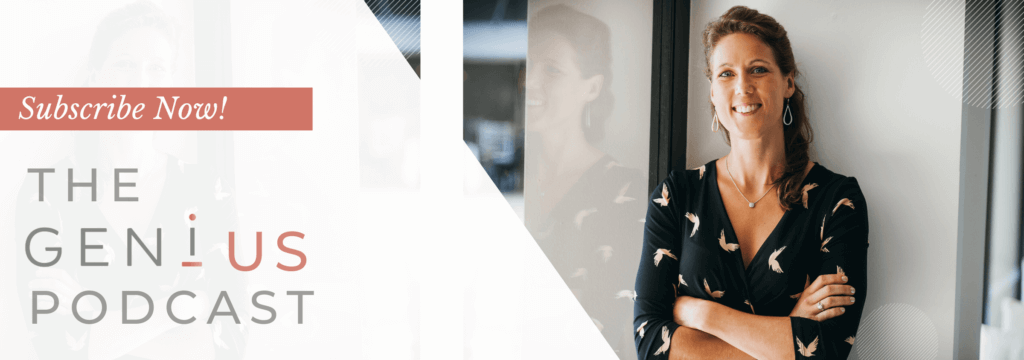Protected Time Stops You Getting Distracted – and Makes You More Productive.
In our so-called ‘Age of Distraction’, it feels almost impossible to stop getting distracted. The world around us – and the usual suspects of our phones, emails, and other technologies – seem to be vying for our attention. And doing all in their power to stop us focusing.
Okay, let’s not get too paranoid about it. People have been complaining for centuries – even millennia – about the negative effects of new technology on our ability to concentrate. Seneca, the Roman playwright, thought in a similar way to us that reading too many books would ruin our capacity to think straight.
Yet, despite the fact that our consternation about distraction is as old civilisation itself, there does seem to be something about the way we work these days that makes it a little difficult to concentrate.
People lose an average of over seven hundred hours of work time a year due to distraction. And that average hides the fact that ten percent of people only manage half an hour’s dedicated work a day!
That’s why I advocate protected time. As you will see, it is the sure-fire way to reduce distraction whilst you are working.
You can find a five point guide to protected time too
When Distraction Becomes Fatal.
To my horror, I learned recently that the third-highest cause of death in the US is medical error. And distraction is overwhelmingly the main cause.
In fact, as a way to reduce this, there was an initiative amongst nurses in one hospital that had those who were preparing and administering drugs to be given red bibs. When other nurses saw these red bibs, they knew not to distract them.
The results were incredible. It produced a reduction of errors by over eighty percent. Considering that lives were at stake, the success of the programme was huge.
Meanwhile, there is a big old problem with distraction among pilots too. Back in 2009, there was a story that two commercial pilots overshot their destination by nearly two hundred miles because they were both fiddling on their laptops. I’m not sure that their customers would have been very happy about that.
How Protected Time Helps You Stop Getting Distracted.
I started thinking about protected time – a strategy primarily used by medical professionals – immediately after I read about the case of the nurses.
What is protected time? It’s a period of time in which you don’t get interrupted. A period in which you turn off all of your devices, close your email, and focus on a given project. It’s an essential tool for anyone interested in trying to stop getting distracted and get work done.
Although that Roman playwright, Seneca may well have been concerned about distraction. And although you might not be in a profession in which an error can take a life. Regardless of both of these things, every distraction costs your nearly twenty-five minutes of focus. You won’t recover from your distraction for nearly half an hour.
That’s why, if you want to focus, you need to enforce and integrate protected time into your days.
How to Protect Your Time.
It’s true that work is full of distractions. Yet, that’s not to say that it needs to be. With a bit of planning and a commitment to your time, distractions needn’t be the frustrations that they have become.
Here’s how to make sure that you have the protected time you need.
Plan Your Protected Time.
Protected time begins with a plan. That means starting by looking at your diary at the beginning of the week and blocking out time that will be protected AND outline what your plan to do in that time.
Schedule in these periods when you are planning your week ahead and stick to them like you would a meeting or call appointment. Close your email. Put your phone on silent AND away from your desk. And lock yourself away.
Ensure Everyone Knows that Protected Time is Distraction-Free.
The hardest part of managing protected time is to ensure that your colleagues know about it. It’s no good being in protected time in a packed office where everyone talks to everyone.
I was recently in a client’s office. And, as every time I am in an office, I couldn’t help noticing how it worked. Here, whenever someone wanted something, they’d go and stand in front of the other person’s desk and talk to them. In doing so they also distract three or four other people around at the same time.
How much time gets lost this way? And how much time do you think you lose through distraction?
To ensure that protected time works in the workplace, you need to discuss and agree office ‘school rules’.
These are best discussed and agreed with the whole team for it to be successful and create the boundaries by which your time remains protected.
For example, when I was running my business, if I had headphones in, I was undisturbable. That was the signal that everyone understood: it meant I was working on a particular task and didn’t want to be interrupted.
The habit spread across the workplace. And wearing headphones became an accepted sign that someone was concentrating on something and don’t bother them.
Prepare Your Distraction-Free Environment.
This all comes back to preparing your environment for change. Ensure that the conditions are there that permit you to make the change you want. This, every single time, is the prerequisite of effective change.
Email is another culprit. To prevent unwanted distractions through email, outline your expectations and intentions in the footer of every message. I simply include a P.S. that reads ‘I’ll aim to respond to your email within forty-eight hours’. You can see more on managing email here.
Meanwhile, talk to your team. Explain why protected time would be good for you and for them. And remember your intention when the few initial distractions will surely happen.
Many business owners and entrepreneurs express concern that they cannot make the time to work on their business. Protected time is the key to integrating periods of time where you can work ON your business instead of IN it all the time.
It will be worth it. Because, with dedicated time to think, you and your team will stop getting distracted and produce some of your best work yet.





